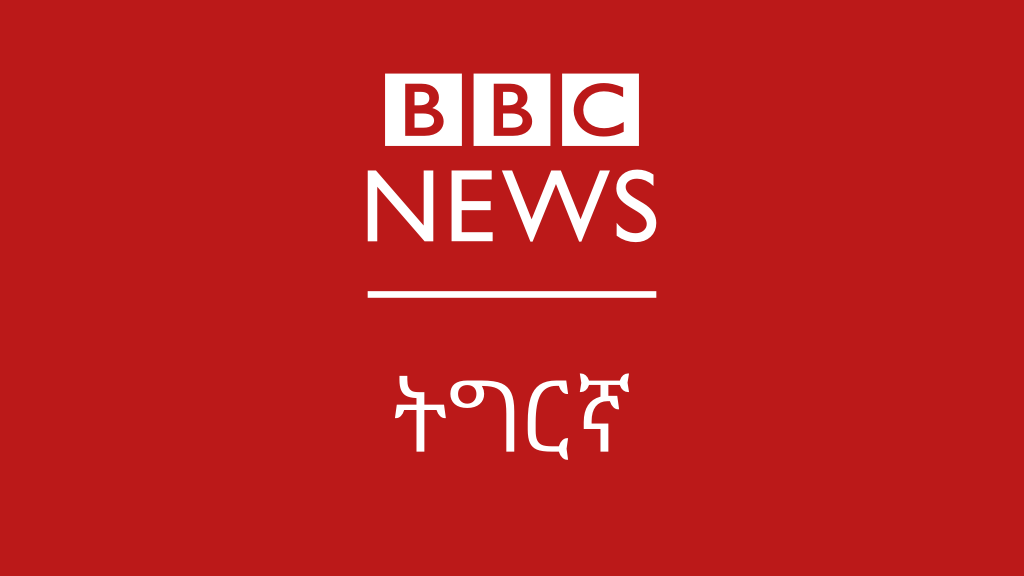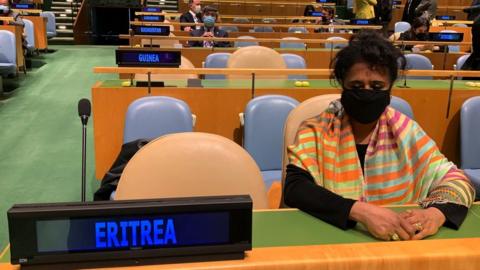
Statement by H.E. Osman Saleh At the Joint Thematic Event of the General Assembly and the Economic and Social Council
GENERAL
https://shabait.com/2021/06/18/statemen ... l-council/
Jun 18, 2021

Statement by H.E. Osman Saleh, Foreign Minister of the State of Eritrea at the Joint Thematic Event of the General Assembly and the Economic and Social Council, on the theme Diversifying the Financing Toolbox to Enhance Investment in Least Developed Countries
H.E. Mr. António Guterres, United Nations Secretary-General,
H.E. Mr. Volkan Bozkir, President of the General Assembly,
H.E. Mr. Munir Akram, President of the ECOSOC,
Excellencies,
Distinguished delegates,
It is an honor for Eritrea to participate in this special joint event of the General Assembly and the ECOSOC. We welcome the initiative and look forward to partnership and solidarity with the LDCs.
Since the adoption of the Istanbul Program of Action, the economic growth in many of the LDCs has remained weak and the inequalities between countries have grown. The effects of climate change are quickly becoming irreversible and affecting the lives and livelihoods of societies. This pandemic that has claimed millions of lives around the world has shattered progress made and is threatening economic stabilities, globally. For LDCs in particular, the consequences of the pandemic will be tremendously difficult to bear and the economic recovery will be extensive.
Eritrea managed to contain the spread of the virus due to the rigorous restrictions that were put in place very early on, but this has come at a great cost to our economy. From the outset, we were acutely aware of the economic setbacks that would come about. The primary goal of the GoE, was to ensure that this pandemic does not overwhelm us and disrupt the development programs.
There is no question, that the years ahead will be extremely challenging. Collectively and in support of one another, we need to work hard towards the achievement of realizing the sustainable development goals; as well as addressing the challenges and repercussions of the COVID-19 pandemic.
Financing and the implementation of suitable, well managed financing mechanisms are difficult to address and even more difficult to accomplish. Least Developed Countries, are still marginalized from the decision-making processes; including those pertaining to global trade and finance.
There are many areas that need urgent attention and of course these vary from countries, regions and continents.
Eritrea is among the most vulnerable countries to the impacts of climate change, due to its geographic location in the southern border of the Sahara Desert and its low adaptive capabilities. For a more tangible outcome, developed countries in particular, who are the major contributors of GHG emissions, should take the lead on urgent climate action. Moreover, developed countries need to show enhanced international solidarity, increased and predictable financing and technology transfer.

Eritrea is endowed with an active diaspora community, that have made significant technical and financial support during and post the struggle for independence. Eritrea is cognizant of the important contribution that migrants in the diaspora communities can make in the economic development of their country of origin, including the implementation of the 2030 Agenda of the sustainable development goals. There is a need to address the administrative and legal impediments, including finding safe, reliable and cheap ways for remitters to transfer funds.
Domestic resources, mainly tax revenues, provide most of the financing for development. Such as, funds needed to build schools, hospitals, social protection systems, and other essential services in developing countries. It is imperative that LDCs receive support in refining tax systems, technical support, experience and expertise, to strengthen domestic tax capacity and improve governance in revenue collection.
Our conversions have to address the international economic models, norms and institutions that are often rigged against the billions living in the developing world.
These include:
• Unfair international trade regime, which continues to undermine the competitiveness of LDCs through the escalation of tariffs, export subsidies, restrictive rules of origin schemes and other tariff and non-tariff barriers.
• Transfer of technology and know-how, that should aim not only at enhancing the productive capacities of the LDCs, but their research and development capabilities to find technological solutions for local problems.
Development challenges are by large local and there is no single model, no single logic or truth that works for every country.
Every nation, poor or rich, has the primary responsibility to formulate and execute and where necessary to align their own coherent economic and development policies and strategies.
They should be in a position of identifying their own national priorities, including striking a balance in the allocation of resources between often competing for economic and social sectors.
Inorder to achieve a sense of balance between the three dimensions of sustainable development, the economic development, social development and environmental protection, the financial blockages have to be eliminated; which remain as the primary hindrance to advancing development today.
In conclusion, let me stress the importance of the need for global commitment to support those who will be carrying the heavy burdens caused by this pandemic. Addressing many of the financial burdens will not be achievable without significant efforts and solidarity, to bring change in the circumstances of the least developing countries.
Excellencies, allow me to take this opportunity to express Eritrea’s solidarity with all the countries that are fighting this pandemic and extend our condolences for the loss of human lives.
I thank you!









